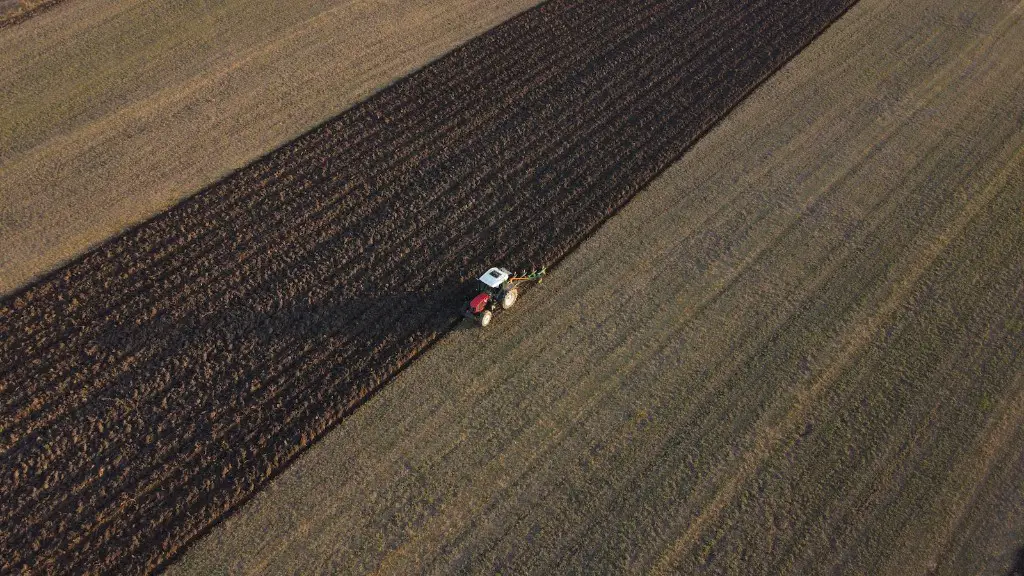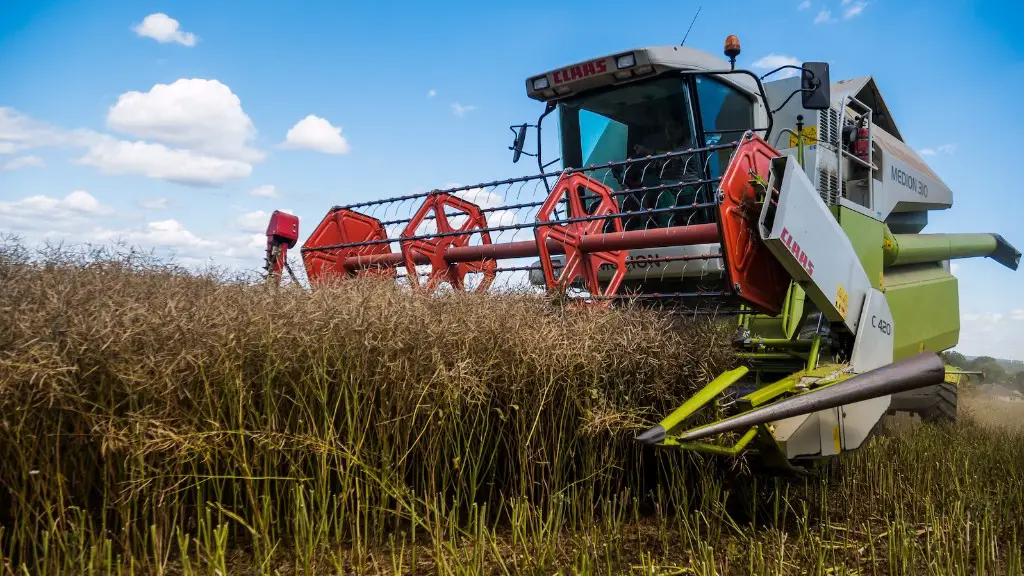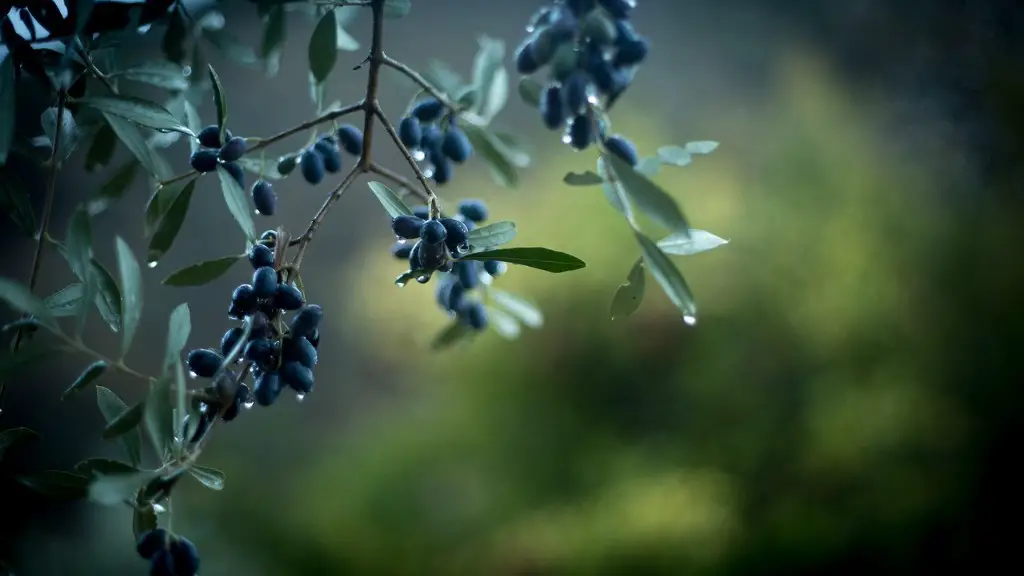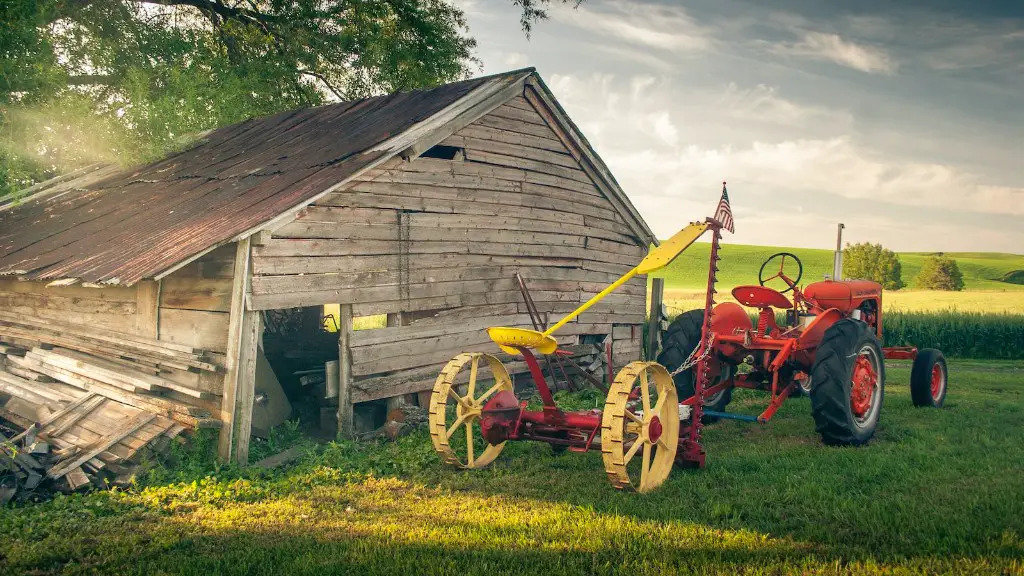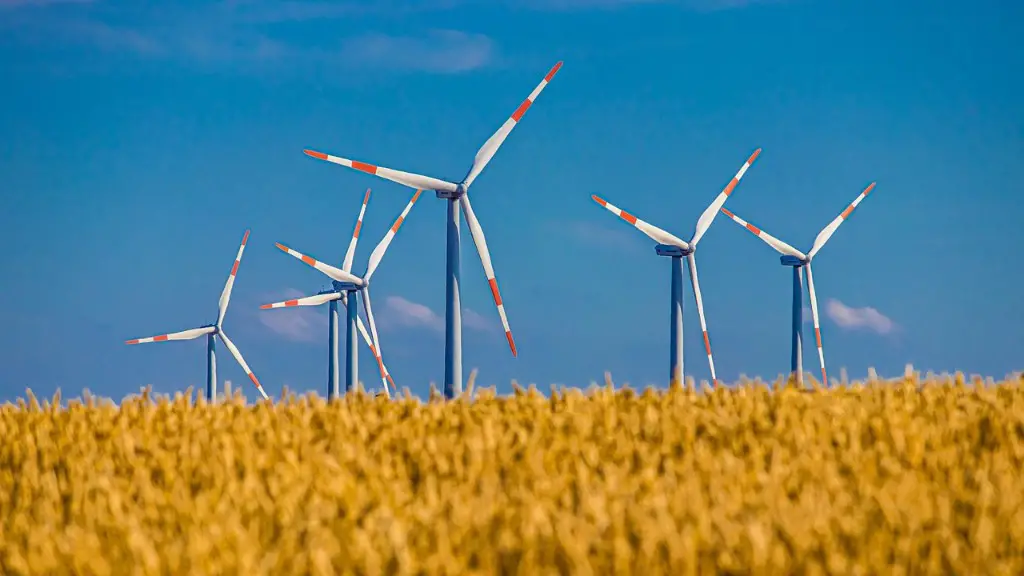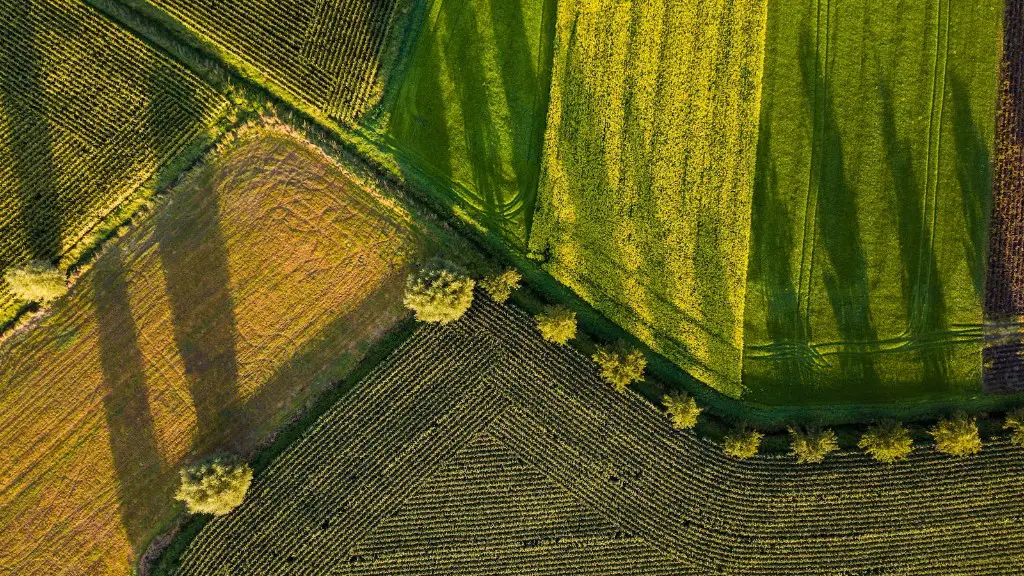Agriculture in South Africa is one of the country’s most important industries. The sector contributes around 10% to the country’s GDP and employs more than 1.3 million people, making it the largest employer in the country. Agriculture also plays a vital role in South Africa’s exports, with the sector accounting for around 25% of all exports.
The main crops grown in South Africa are maize, wheat, sugarcane, tobacco, and citrus fruits. The country is also a major producer of wool and mohair. South Africa is the world’s largest producer of mohair, and the second-largest producer of wool.
The livestock industry is also an important part of South Africa’s agriculture sector. The country is the world’s largest producer of ostrich meat and the second-largest producer of venison.
Agriculture is a vital sector of the South African economy, contributing around 10% to the country’s GDP. The sector employs over 12% of the South African workforce and is a major source of foreign exchange earnings.
South Africa’s climate and soils are diverse, and this diversity supports a wide range of agricultural activities. The country has a strong tradition of commercial farming, and today there are approximately 200,000 commercial farms in South Africa.
The main crops grown in South Africa include maize, wheat, sugarcane, tobacco, fruits and vegetables. The country is also a leading producer of wool and mohair.
South Africa is a net exporter of agricultural products, and the sector is an important contributor to the country’s balance of payments. Agricultural exports totaled R137 billion in 2018/19, and the sector is expected to continue to grow in importance in the years ahead.
What is South Africa’s top agriculture?
Corn plays a major role in the agriculture sector in South Africa. In 2020, it was the agricultural crop covering the largest harvested land area. Additionally, the country was among the 10 leading corn producing nations worldwide as of 2021/2022.
The South African agricultural sector is a key driver of the country’s economy, contributing around 10% of GDP and employing close to 2.5 million people. The sector is also a major exporter of agricultural products, with exports worth over R60 billion in 2016.
The sector is highly diversified, with a strong focus on commercial farming, but also including a significant number of small-scale subsistence farmers. This diversity is one of the sector’s key strengths, and ensures that it is able to meet the needs of both local and international markets.
The South African government is committed to supporting the agricultural sector and has put in place a number of initiatives to help farmers overcome the challenges they face. These include the establishment of an Agricultural Development Agency, which provides financial and technical support to small-scale farmers, and the launch of the “Grow South Africa” campaign, which is designed to promote investment in the sector.
The South African agricultural sector is an important part of the country’s economy and plays a vital role in meeting the needs of both local and international markets. The sector is highly diversified and includes a wide range of farming systems, from small-scale subsistence farmers to large-scale commercial operations. The South African government is committed to
How is agriculture in Africa
Africa’s agricultural potential is massive, but it remains largely untapped. The majority of the population is smallholder farmers, and agriculture accounts for a significant portion of the region’s GDP. However, there are many barriers to Africa achieving its full potential in agriculture. Poor infrastructure, lack of access to markets and inputs, and limited extension services are just some of the challenges that need to be addressed. With the right policies and investments, Africa has the potential to become a major player in the global agricultural market.
Agriculture is the science and art of cultivating plants and raising animals for food, fiber, and other products used to sustain and enhance human life. Agriculture was the key development in the rise of sedentary human civilization, whereby farming of domesticated species created food surpluses that supported the development of civilization. The study of agriculture is known as agricultural science. Agriculture is the word that is used for the cultivation of land and production of crops. It is also the word that is used for the rearing of animals. It is derived from the Latin word ager, meaning field, and from the Greek word graphein, meaning to write. In a general sense, agriculture includes all the activities associated with growing crops and raising animals for human use. However, in practice, agriculture is often divided into four main branches: livestock production, crop production, agricultural economics, and agricultural engineering.
Why is agriculture important in South Africa?
The Southern African region is endowed with vast agricultural resources, which if harnessed effectively, can play a significant role in promoting economic growth, reducing poverty, and improving food security.
The agriculture sector in the region is however faced with numerous challenges, which include droughts, floods, soil degradation, and limited access to markets and financial services.
There is therefore a need for concerted efforts by all stakeholders to address these challenges and unlock the potential of the sector.
The Southern African Development Community (SADC) has been at the forefront of promoting agricultural development in the region, and has adopted several initiatives to support the sector.
These include the SADC Agricultural Policy, the Comprehensive Africa Agricultural Development Programme (CAADP), and the Regional Agricultural Trade Expansion Programme (RATEP).
There is no doubt that agriculture has the potential to transform the Southern African region, and it is imperative that all stakeholders continue to support the sector.
Africa is a major producer of grains, with corn, wheat, and rice being the most important. Corn is grown in virtually all ecological zones, with the highest yields per acre being recorded in Egypt and on the Indian Ocean islands of Réunion and Mauritius. Wheat is grown in all major wheat-producing countries, with the highest yields per acre being recorded in Egypt and on the Indian Ocean islands of Réunion and Mauritius. Rice is grown in all major rice-producing countries, with the highest yields per acre being recorded in Egypt and on the Indian Ocean islands of Réunion and Mauritius.
What do people farm with in South Africa?
The dairy industry is one of the most important agricultural industries in the world, providing employment for millions of people and contributing to the livelihoods of billions more. The industry is worth billions of dollars and plays a vital role in the global food supply chain.
South Africa is a truly unique country with a rich history and culture. The natural beauty of the country is breathtaking, and the diversity of the people is truly amazing. The ending of apartheid in 1994 was a huge step forward for the country, and since then, it has become a much more popular destination for travelers. If you haven’t been to South Africa, it is definitely worth a visit!
What is South Africa rich in
South Africa is definitely rich in minerals, especially diamonds and gold. However, it also contains other important minerals like iron ore, platinum, manganese, chromium, copper, uranium, silver, beryllium, and titanium. All of these minerals are essential for different industries and sectors, making South Africa a very important country in the global market.
In fact, there are major obstacles that limit the success of small-scale farming in Africa. These obstacles can be categorized in four sections, namely: 1) climate, 2) technology and education, 3) financing and 4) policy and infrastructure. Smallholder farmers in Africa are still among the poorest in the world.
Climate is a huge limiting factor for small-scale farmers in Africa. Droughts are common, and when crops fail, farmers often have no other income to fall back on. Technology and education are also major problems. Most small-scale farmers are not able to access information about new farming techniques, and many cannot afford to buy the latest equipment. Financing is another major issue. Small-scale farmers often lack the collateral to qualify for loans, and when they do receive loans, the interest rates are often prohibitive. Lastly, government policies and infrastructure are often not supportive of small-scale farmers. Roads are bad, storage facilities are often nonexistent, and there is little in the way of agricultural extension services.
Despite all these obstacles, there are many small-scale farmers in Africa who are finding ways to overcome them and are successfully producing enough food to feed their families and communities. With some support from the government and other institutions,
Which African country is the most agriculture?
Both South Africa and Nigeria are leaders in agricultural production in Africa. They have large agricultural areas that are devoted to growing crops. South Africa has the largest agricultural area, with 96 million hectares devoted to crops. Nigeria has the second largest agricultural area, with 69 million hectares devoted to crops. Both countries are major producers of crops such as maize, wheat, and rice.
It is clear that African governments are not investing enough in agriculture, which is having a negative impact on the continent’s development. African Union member states have committed to spending at least 10% of their government’s budget on agriculture, but this is not being achieved. In 2021, the average spending on agriculture in Africa was just 41%. This needs to be increased if Africa is to develop sustainably.
What are the three types of farming in South Africa
There are many different types of farming in South Africa, from intensive to extensive and free-range, conventional to organic, biodynamic and regenerative. Each type of farming has its own benefits and drawbacks, so it’s important to choose the right type of farming for your needs.
Agriculture is a vast field that covers many different areas, from production to research and development to farming. Agriculture is the science or practice of cultivated the soil for growing crops and the raising of animals for food, wool, and other products.
Which country is the largest agricultural producer?
There are a few countries in the world that produce the majority of the food that is consumed. These countries are China, India, The United States, and Brazil. Each of these countries has their own Agricultural production that they are known for.
China is the world’s biggest producer, importer, and consumer of food. They have a large population, which is one of the reasons why they produce so much food. They are also the world’s largest producer of rice.
India is the second-largest food producer in the world in terms of total calorie content. They are known for their production of wheat, rice, and pulses. They are also the largest producer of milk in the world.
The United States is the third-largest food producer in the world. They are known for their production of corn, soybeans, and wheat. They also produce a lot of meat, which is one of the reasons why they are the largest exporter of beef in the world.
Brazil is the fourth-largest food producer in the world. They are known for their production of coffee, sugarcane, and oranges. They are also the largest exporter of soybeans in the world.
South Africa is a major exporter of gems, precious metals, ore, vehicles, and machinery. The country’s top exports also include mineral fuels, fruits, and nuts.
Conclusion
Agriculture in South Africa is an important sector of the country’s economy, contributing around 10% to the GDP. The sector employs more than 1.3 million people, making it one of the largest employers in the country. Agriculture also plays a key role in food security, as it is estimated that the sector supplies around 70% of the country’s food needs. The main agricultural products grown in South Africa are maize, wheat, sugarcane, and fruit.
The Agricultural industry in South Africa is an important sector of the economy, contributing to the country’s food security and employment. The sector is facing challenges due to drought, climate change, and land reform. The government is working to support the industry through initiatives such as the National Development Plan. Despite the challenges, the agricultural industry in South Africa has a bright future.
